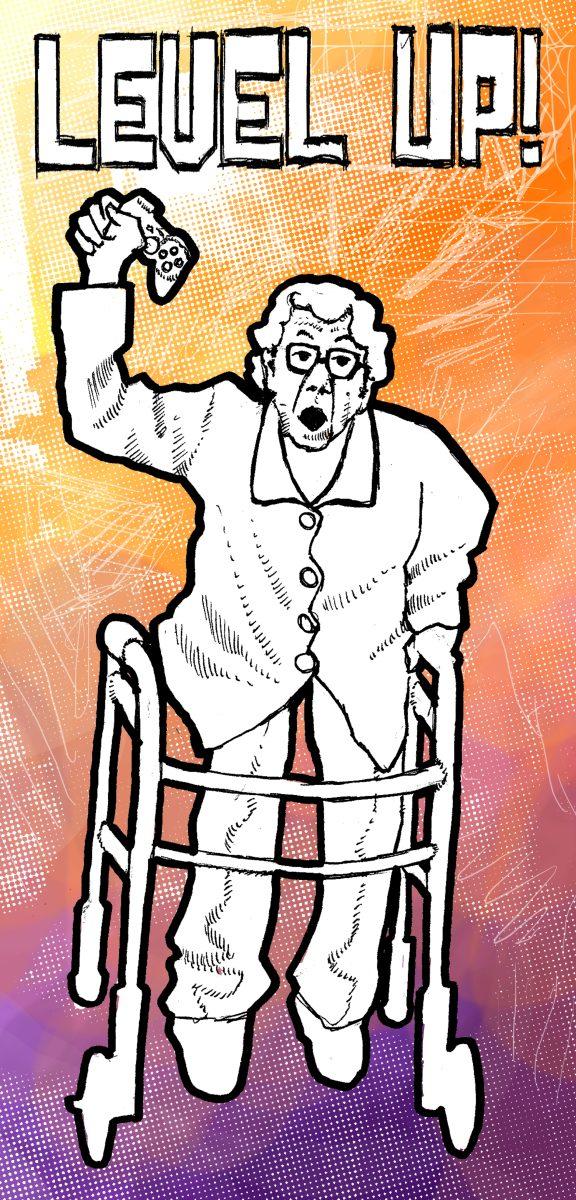They cause a ruckus in the Learning Commons, help us procrastinate and may even be our generation’s favorite past time, but video games might actually be good for your health.
A recent study suggests that physicians should consider recommending them to elderly patients.
Video games are renowned for their entertainment value, but researchers are now investigating whether or not they serve a practical purpose. In particular, many are asking if they hold the key to better treatment of depression in the elderly.
According to a recent study published by N.C. State psychology professor Jason Allaire and his colleagues, older adults who played video games reported higher levels of emotional well-being when compared to their counterparts who did not play video games.
To determine this, researchers asked 140 people aged 63 years and older if they played video games often, occasionally or never. These elderly participants took several tests that assessed their emotional and social well-being.
Sixty-one percent of study participants reported playing video games at least occasionally, with 35 percent of participants saying they played at least once a week.
The study found that participants who played video games, regardless of how often, reported higher levels of well-being compared to those who did not play video games at all. In fact, participants who did not play video games reported more negative emotions and had a tendency toward higher levels of depression.
Jason Allaire said his study “suggests that there is a link between gaming and better emotional functioning.”
He warns, however, that these results are not conclusive. Questions still remain about the exact role that video games play in combatting depression.
Faiza Mustafa, a senior in human biology, said he was intrigued by the results of this study but wondered if video games were what really caused happiness in these older adults.
“Are video games solely the cause of this increase in emotional well-being, or is it the added time spent with grandchildren that plays a predominant role?” Mustafa asked.
Aware of the need to answer these types of critical questions, Allaire plans to conduct additional research to look into these issues.
This study also focuses on non-pharmaceutical treatments for depression, which are critical in today’s healthcare climate.
“With the rising cost of health care in our nation, it is crucial for us to rein in costs by relying less on drugs and more on simple lifestyle changes,” Sruthi Mohan, a junior in economics, said. “The results of this study may not be conclusive, but I definitely want to get my grandparents an iPad to play video games if that will help their emotional well-being.”





